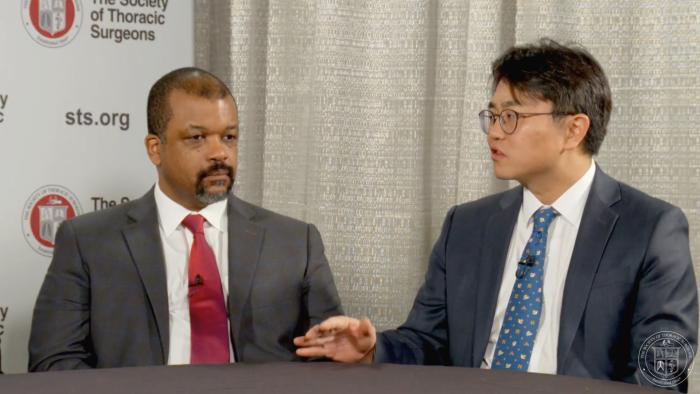Media coverage can be a powerful way for cardiothoracic surgeons to help more patients and their families understand important health care information. But how can you handle a reporter’s tough questions and still get your message across? Todd K. Rosengart, MD leads a panel discussion with cardiothoracic surgeons who have had experience with handling awkward media situations, connecting with a lay audience, and helping to change the course of a conversation when a reporter has incorrect information. Also features John V. Conte, MD, Robert E. Merritt, MD, Mara B. Antonoff, MD, Robbin G.
